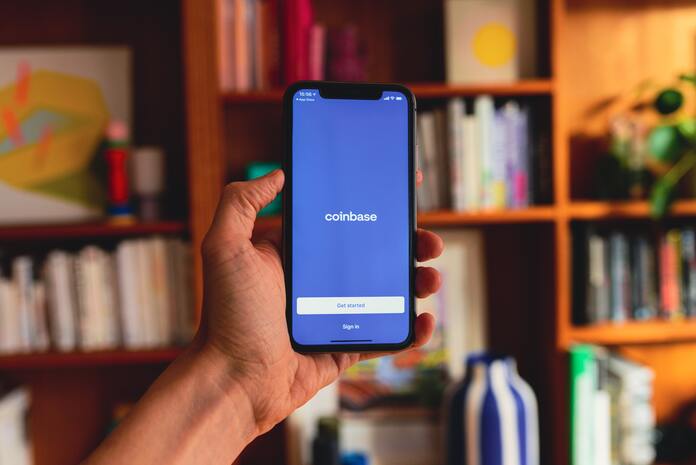U.S. Shifts $600M Silk Road Bitcoin to Coinbase

The U.S. government has recently transferred nearly $600 million worth of Bitcoin (BTC), seized from the Silk Road dark web marketplace, to a wallet associated with Coinbase Prime. This transfer involved 10,000 Bitcoin and was reported by Arkham Intelligence.
Market Impact and Speculation
The purpose of this transfer—whether to sell or hold the assets—remains unclear. This move follows a previous transfer of approximately $2 billion in Silk Road Bitcoin in late July. Since then, Bitcoin’s price has seen a dip, trading around $58,461, marking a 3.9% decrease in the past 24 hours.
Such significant transactions often attract investor attention and spark speculation about their potential impact on the market. The U.S. Marshals Service recently awarded Coinbase Prime a contract to manage and dispose of large-cap cryptocurrency assets, suggesting that the government may be relocating these assets for custody purposes rather than immediate sale.
Historical Context and Future Proposals
The Silk Road marketplace, which was shut down in 2014, was known for facilitating illegal transactions using cryptocurrencies like Bitcoin. Over the years, U.S. authorities have sold portions of the seized Bitcoin from this marketplace.
In related news, U.S. Presidential hopeful and Republican candidate Donald Trump has proposed creating a “strategic Bitcoin reserve” if elected. Trump has stated plans to retain all Bitcoin currently owned by the U.S. government, emphasizing his commitment to leveraging the cryptocurrency for strategic purposes.
Featured Image: Unsplash





